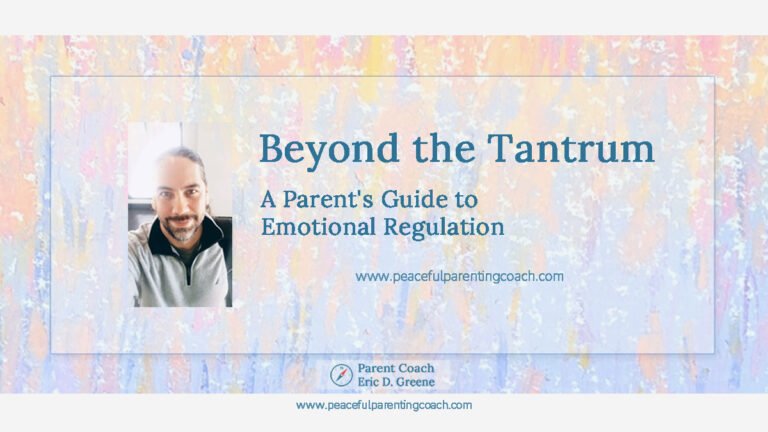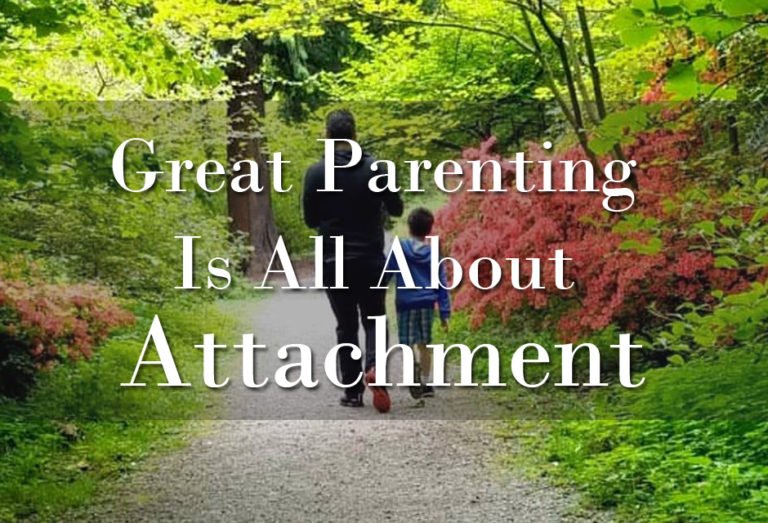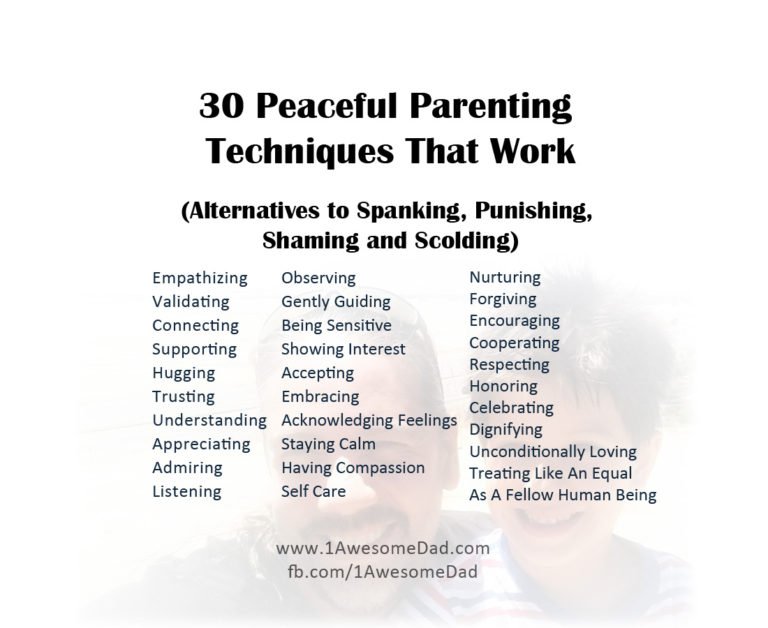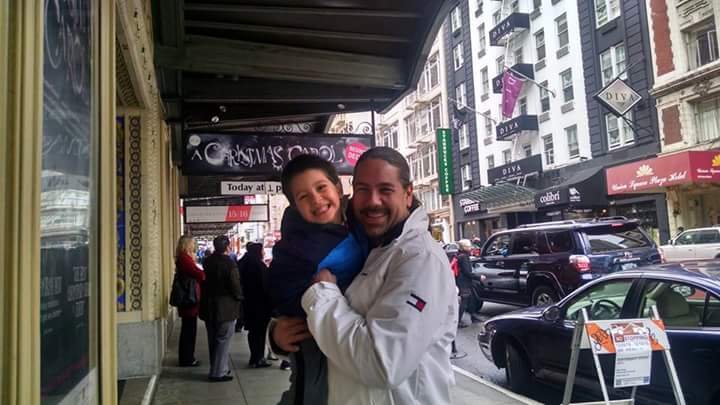Moving Beyond Toughness: What Really Prepares Kids for Life
Old-school “tough love” parenting approaches have failed.
Traditional parenting practices like spanking, shaming, and verbal abuse teach children to comply out of fear rather than to engage with sensible reasoning. The focus on power over problem-solving not only creates emotional distance but also undermines a child’s ability to develop the actual resilience, confidence, and self worth that the “real world” actually demands.
Research shows that old-school coercive methods can actually increase risk factors for mental health challenges later in life.
In fact, today’s statistics reflect the deep emotional cost:
- Nearly 1 in 5 American teens experience major depression each year, and over 40% report feeling persistent sadness or hopelessness (Annie E. Casey Foundation).
- Suicide is now the second leading cause of death among adolescents, with suicide death rates in this age group rising over 60% in the last decade [Yale Medicine].
- Substance use is also common; about 1.86 million U.S. adolescents use illicit drugs monthly, and over a third of high school seniors have tried illicit drugs before graduation [DrugAbuseStatistics.org].
We best prepare our children for the real world with conscious, peaceful parenting.
The evidence and research is clear. It’s time to move beyond harsh, punitive discipline and embrace a new paradigm. A parenting paradigm that is rooted in gentle, non-coercive, non-violent practices.
One profound step in this direction is rethinking the idea of boundaries altogether. If you want to explore my approach to parenting without traditional boundaries, check out this article.
By building connection, respect, and trust at home, we give our children the resilience and inner strength they truly need to thrive in the real world.
Talking things out with your children using the principles of peaceful parenting, listening to their feelings, respecting, honoring and appreciating them is NOT raising them soft, spoiled, entitled and unprepared for the “real world”.
In fact, it makes them better prepared for the “real world” because they will have developed the important life skills of dealing with letdowns, disappointment and frustrations, instead of burying emotions, denying limitations, and pretending to have it all together.
The whole attitude of “toughen up your kids because the world is a mean and tough place” is a misguided and harmful approach.
The Illusion of “Toughness” and the Roots of Escapism
One core parenting myth is that a harsh upbringing cultivates “tough” kids who are ready for the “real world.” The truth however is often the exact opposite: We’re trying to escape from reality because of the harsh ways we were raised. This isn’t a sign of weakness or a personal failing, though. It is the logical and predictable outcome of a childhood that prepared us for compliance, not for life.
We’re trying to escape from reality because of the harsh ways we were raised.
True inner resilience is not about being stoic or building a wall against our feelings. It is the capacity to stay present with discomfort, to listen to our anxious or overwhelmed parts without being hijacked by them, and to navigate challenges from a centered internal state.
Harsh, coercive parenting does the opposite of helping us. It teaches children to ignore, suppress, or exile their vulnerable parts in order to avoid punishment. This creates a brittle facade of being “fine,” not a flexible, truly resilient core.
As adults, this lack of authentic resilience leaves us ill-equipped for the inevitable stress and overwhelm in life. When faced with professional setbacks, relationship conflicts, or internal turmoil, we don’t have the tools to process the experience.
Because we were taught that difficult feelings were unacceptable or unsafe, we default to what our system learned long ago: escape. This can manifest in countless ways, from numbing out with social media and binge-watching to workaholism or substance use. These aren’t just “bad habits”; they are the coping strategies of an internal system that was never given the chance to learn how to self-regulate and find its own peace.
How Trust and Empathy Cultivate True Resilience
True resilience doesn’t come from learning to suppress emotions or push through pain. It’s built through safe relationships that offer trust, validation, and support.
When children know they can depend on your empathy in all circumstances, they develop the confidence to face life’s challenges with creativity and openness. Rather than bracing for adversity with fear or defensiveness, they approach new situations with the security and self-worth that a close connection with a parent provides.
This kind of resilience is the foundation for thriving in the real world, at any age.
Let’s be clear. It doesn’t make a child “tough” by spanking and beating and verbally abusing them. Those things weaken them. And the more you do that, the the more long-term damage is likely to develop.
But the more love, understanding, empathy and appreciation that children get, that’s what really makes them better prepared for the real world. Because they will have the confidence, emotional resiliency, and the positive self-regard needed to overcome the challenges and inevitable difficulties of life.
Peaceful Parenting Basics – The Book
If you’re ready to equip your children with the resilience and confidence they need, learn practical strategies in my book, Peaceful Parenting Basics.
The truth is, the old-school “tough love” authoritarian approaches have failed all of us. We (the majority of us) are lacking in self love. We’re depressed and anxious and we barely know the reasons why. Many of us become addicted to alcohol and drugs, junk food and other unhealthy habits.
It’s time to give our children what they deserve, which is the powerful real-world skills of positive self-regard, confidence, compassion for others, and emotional wellness.
Children get those skills from positive, conscious, peaceful parenting.
For more resources that support this path, see my list of the best parenting books.
To get started on your peaceful parenting journey:
Read my article: 10 Things Every Beginner to Peaceful Parenting Should Know
Join my Facebook group: Peaceful Parenting Community





One Comment